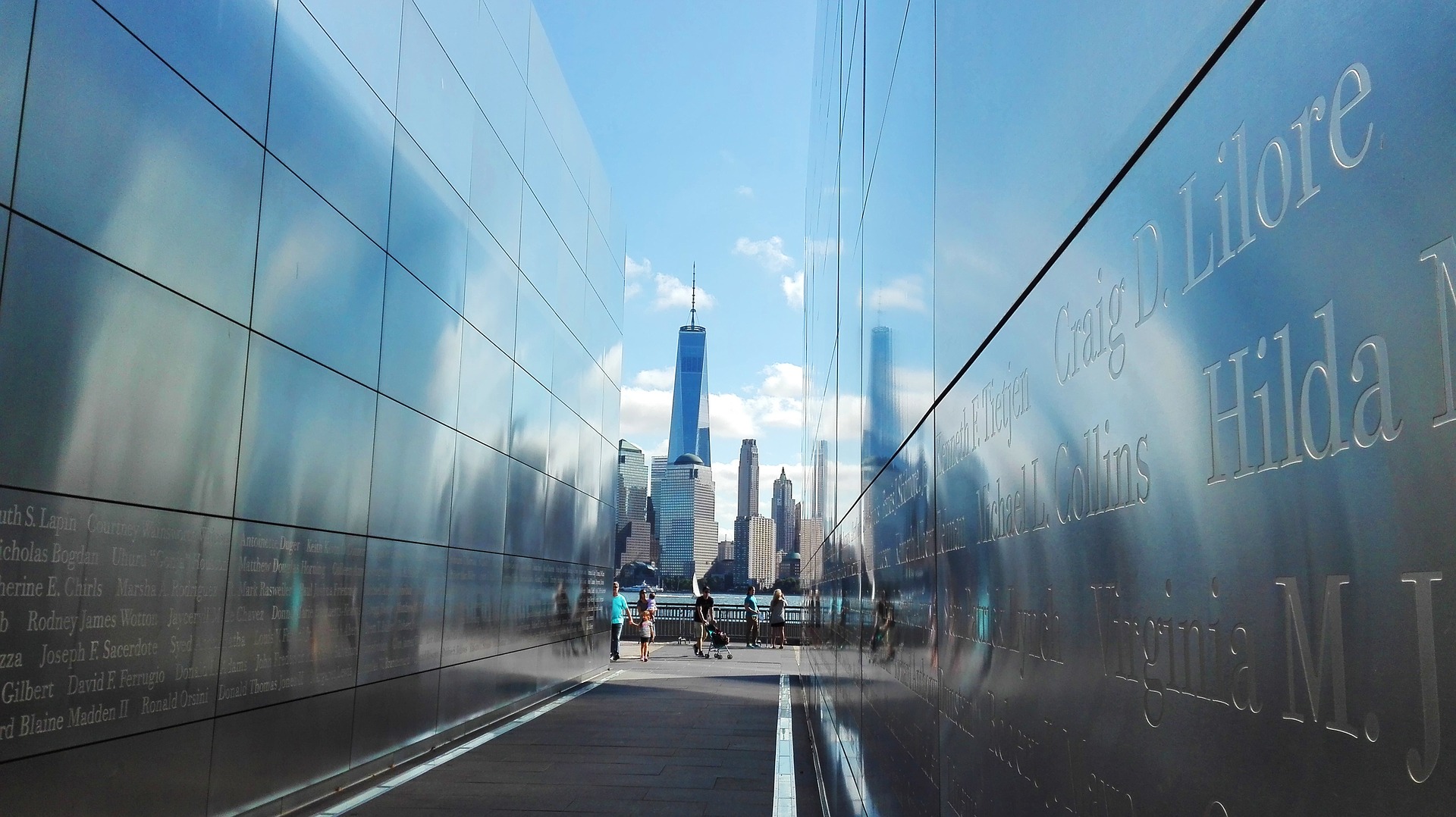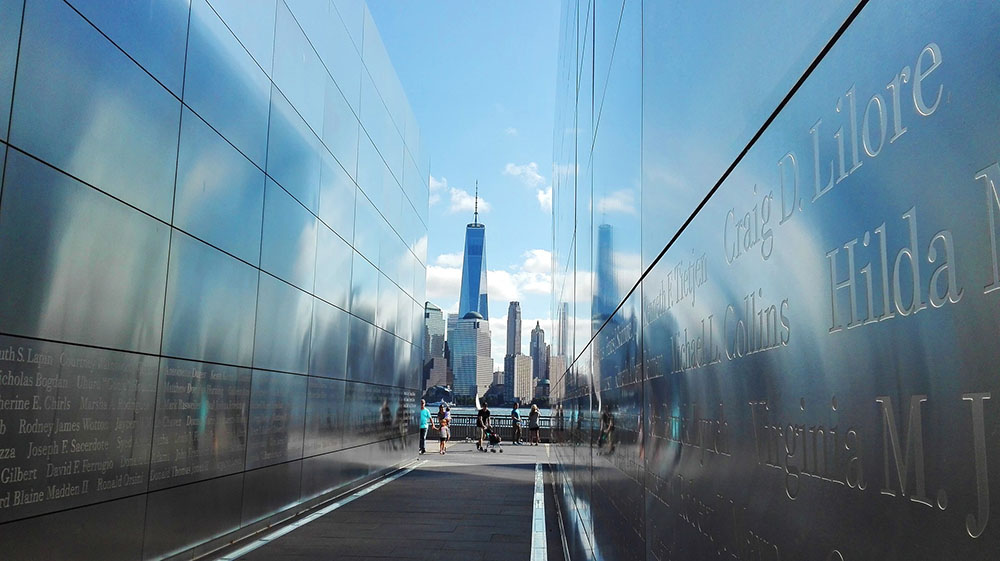
11 Sep Building Safety Changes Resulting From World Trade Center Attacks on 9/11 Outlined in IBC Report

Today and every year on September 11th for the past 18 years we remember and reflect upon the horrible tragedy that befell our country and changed our lives forever. We will never forget where we were or what we were doing the moment we heard about the terror attacks on our country.
As with most tragedies, we try to evaluate the situation and figure out ways for improvement so similar incidents won’t happen again, and so no one else has to suffer the same fate. The architecture, engineering, and construction industries are no different. After 9/11, building codes were reevaluated to address the impact made by the attacks on the World Trade Center.
The National Institute of Standards and Technology, a federal agency, released its ‘Report on the Collapse of the World Trade Center,’ which contained 30 broad recommendations for the model codes, standards industry, design community, and emergency responders. The following are changes to the International Building Code (IBC), as a result of the September 11th terror attacks:
- Elevators are required in high-rise buildings more than 120 feet tall so firefighters can get to, and fight fires, without walking up from the ground floor with heavy equipment;
- An additional stairway for high-rises that are more than 420 feet tall;
- In lieu of the additional stairway, an option to provide enhanced elevators that can be used by the building occupants for emergency evacuation without waiting for assistance from emergency personnel;
- A higher standard for fire resistance in high-rise buildings more than 420 feet tall;
- More robust fire proofing for buildings more than 75 feet tall, which will be less likely to be dislodged by impacts or explosions;
- Shafts enclosing elevators and exit stairways that have impact resistant walls;
- Self-luminous exit pathway markings in all exit stairways that provide a lighted pathway when both the primary and secondary lighting fails; and
- Radio coverage systems within the building to allow emergency personnel to better communicate within the building and with emergency staff outside the building supporting the response.
We can’t take back that day, but we can strengthen our resolve and try to minimize and eliminate similar tragedies in the future.



No Comments